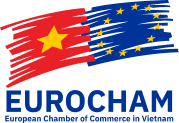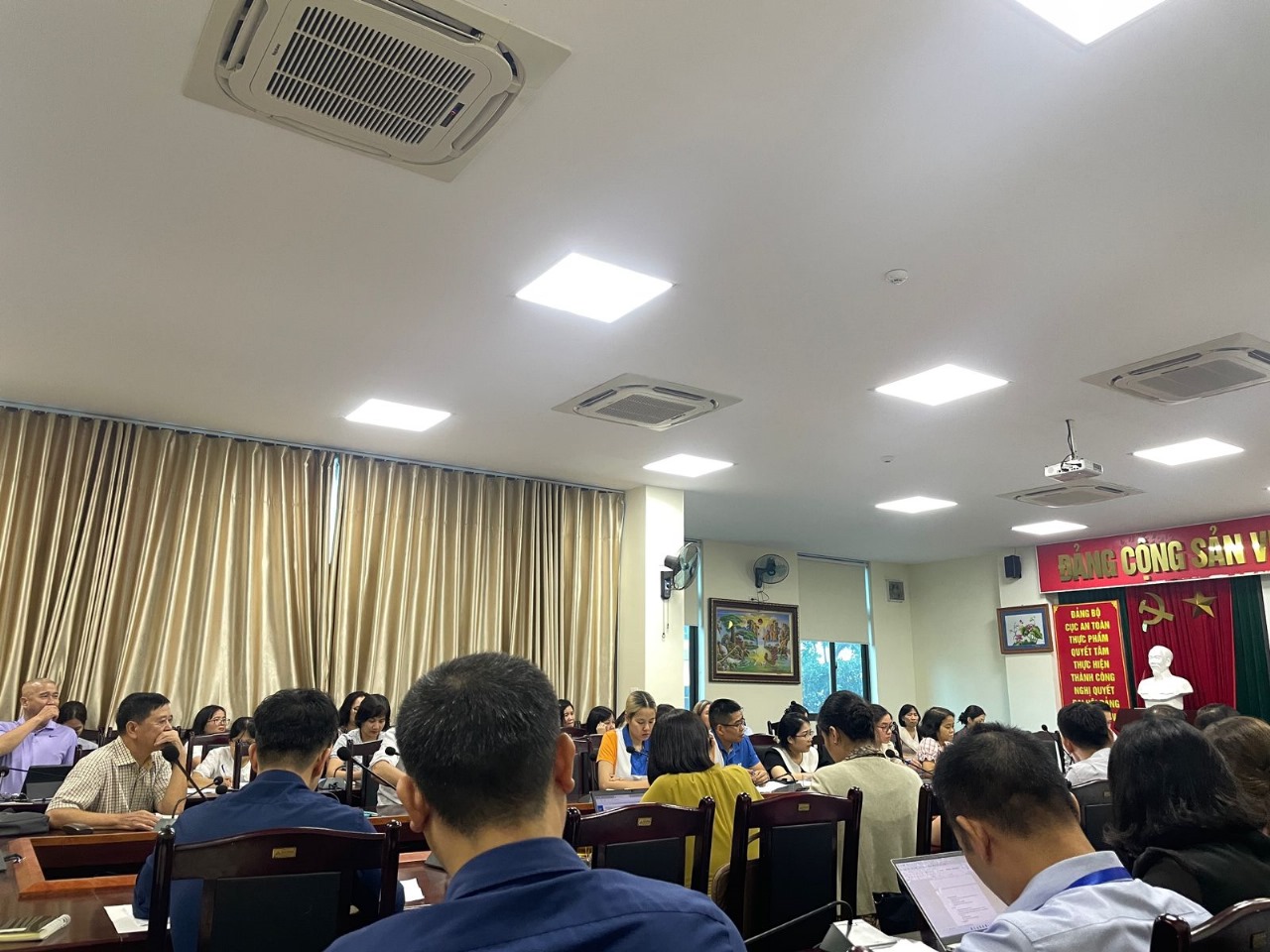On Thursday 5 August, EuroCham held its third webinar to update members on the latest developments regarding COVID-19 and Vietnam’s vaccination rollout. The event attracted five hundred registrations and featured special guest speakers Alain Cany, EuroCham Chairman; Jean-Paul Pullicino, Country Manager of Pfizer Vietnam and Co-Chair of EuroCham’s Pharma Group; and EuroCham Vice-Chairs Torben Minko and Nguyen Hai Minh.
Chairman Alain Cany opened the event. He said that Vietnam looks to be at the peak of the pandemic, but that it could still last for some time to come. Just seven million people have been vaccinated to date with 750,000 receiving two jabs. EuroCham has been campaigning for reduced quarantine requirements for vaccinated foreign arrivals for some time. Yesterday, the Government announced that those coming from overseas, and who have been fully vaccinated, will be required to isolate for just a week upon their arrival with a further week of self-monitoring. Mr Cany then shared some of EuroCham’s most important advocacy activities over the last few weeks: the chamber has been in constant contact with national and local authorities, including high-level meetings with the National Assembly Foreign Affairs Committee and the Vice-Minister of Foreign Affairs. EuroCham has also engaged with EU Member State embassies to encourage them to vaccinate their own citizens here in Vietnam and to donate more vaccines. The EuroCham team continues to support our members to address their specific challenges, working with the local authorities and partners such as DOIT, VCCI, and ITPC to keep business operations going wherever possible. We have also been working through the Vietnam Business Forum (VBF) to draft a joint letter to the Government from all business associations.
Jean-Paul Pullicino then shared an update of Vietnam’s vaccination procurement and rollout. He described how the challenge is moving from containment to vaccination, however, the situation remains complicated. Six vaccines are approved for use in Vietnam – AstraZeneca, Pfizer, Moderna, Sputnik V, Sinopharm, and Johnson & Johnson – and around 130 million doses have been agreed to date. Government-to-government donations are increasing, with recent contributions from the US, Japan, the UK, and some EU Member States. This should help Vietnam to receive adequate supplies in the short term. Mr Pullicino said that Pfizer is in advanced discussions with the Government to provide an additional 20 million doses which will be earmarked for children aged 12-18. In terms of implementation, Decision 3355 aims to achieve 50 per cent vaccination of adults within 2021, rising to 70 per cent in the Spring of 2022. Mr Pullicino outlined the three challenges to achieving this: speed of supplies; the acceleration of vaccine logistics administration; and future planning. He concluded with a note of optimism that the situation should start to improve over the next few months.
Later, Vice-Chair Torben Minko discussed EuroCham’s Business Climate Index (BCI), which shows increased pessimism of business leaders about the short-term prospects of Vietnam’s trade and investment environment as a result of the fourth wave outbreak. He also updated members with the latest developments and policies on lockdown and social distancing in Hanoi, Ho Chi Minh City, and 16 other provinces. Since each province is responsible for controlling entrance into their areas, there has been variation in enforcement and this has created disruptions to supply chains and logistical difficulties. Our members are also reporting challenges with the ‘Three-in-One’ model of workers living on site, and the handling of positive COVID cases. EuroCham is in regular contact with the local authorities to address these issues.
Vice-Chair Nguyen Hai Minh then outlined some of the actions that EuroCham has taken, working with government authorities and domestic business associations. This week, EuroCham joined a meeting with VCCI on the implementation of Directive 16 and its impact on domestic and global supply chains. There are interruptions at ports and between provinces, and this fragmentation is causing confusion for businesses. The chamber, together with most of the large Vietnamese professional associations, called during this meeting for a more centralized, consistent approach with different categories depending on the risk level of an area. EuroCham has also advocated for the removal of the distinction between ‘essential’ and ‘non-essential’ goods, since some goods considered ‘non-essential’ are, in fact, needed to produce ‘essential’ goods. Meanwhile, EuroCham has called for self-testing for drivers to keep goods and supply chains moving.
In the Q&A session, speakers discussed Vietnam’s new quarantine requirements and how these would be applied for children aged under 18; how staff who work outside of large cities can travel and return for their vaccination without quarantine; the need to increase e-government adoption to speed up administrative procedures; and the difficulties of the ‘Three-in-One’ policies for staff working in factories.
EuroCham will continue to be an active advocate for European business in these difficult times. We will remain in constant contact with the authorities and keep our members updated with the latest developments in the pandemic.





